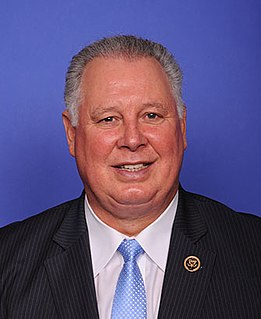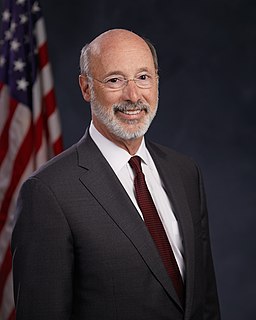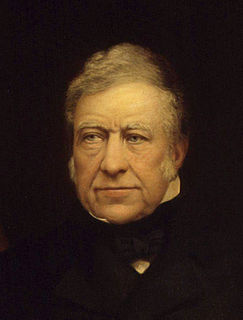A Quote by Henry Paulson
A state-based regulatory system is quite burdensome. It allows price controls to create market distortions. It can hinder development of national products and can directly impact the competitiveness of U.S. insurers.
Related Quotes
Fair Trade is a market-based, entrepreneurial response to business as usual: it helps third-word farmers developing direct market access as well as the organizational and management capacity to add value to their products and take them directly to the global market. Direct trade, a fair price, access to capital and local capacity-building, which are the core strategies of this model, have been successfully building farmers' incomes and self-reliance for more than 50 years.
It is eminently possible to have a market-based economy that requires no such brutality and demands no such ideological purity. A free market in consumer products can coexist with free public health care, with public schools, with a large segment of the economy -- like a national oil company -- held in state hands. It's equally possible to require corporations to pay decent wages, to respect the right of workers to form unions, and for governments to tax and redistribute wealth so that the sharp inequalities that mark the corporatist state are reduced. Markets need not be fundamentalist.
Besides the devastating impact that the Ryan budget has directly on individuals, it does nothing to support job creation or our global competitiveness. Investments in both are drastically affected through cuts in funding for transportation and infrastructure projects, as well as funding for research and development.
Shifting Philip Morris to the new a non-risk products doesn't mean that I will give market share to my competitors free of charge. In the markets where we are not present with IQOS yet or the other reduced-risk products, you still need to defend your share of the market. They still represent the bulk of our income, and so far they have financed the billions of dollars we have put behind these new products. But once we go national in a market, and absent capacity constraints, then you shift your resources and your focus to these new products.
I don't think any foreign Internet company can effectively compete against Chinese companies in the Chinese market. The regulatory environment is so difficult that it's almost impossible for foreigners to have an advantage over locals who have better political connections and who can manipulate the regulatory system much more effectively.
All systems are capitalist. It's just a matter of who owns and controls the capital -- ancient king, dictator, or private individual. We should properly be looking at the contrast between a free market system where individuals have the right to live like kings if they have the ability to earn that right and government control of the market system such as we find today in socialist nations.
The switch to the market in Eastern Europe, of course, has not exactly been one of the greatest advertisements for the market. There's no question the socialist system - and I hate to use the word 'socialist,' but I suppose some description of a system in which the state is in control - was breaking down, really collapsing. In these countries, most markedly in Russia itself and in a number of the others, it obviously was based on a tyranny, which is unacceptable even if it were producing good economic results, which it was not.




































